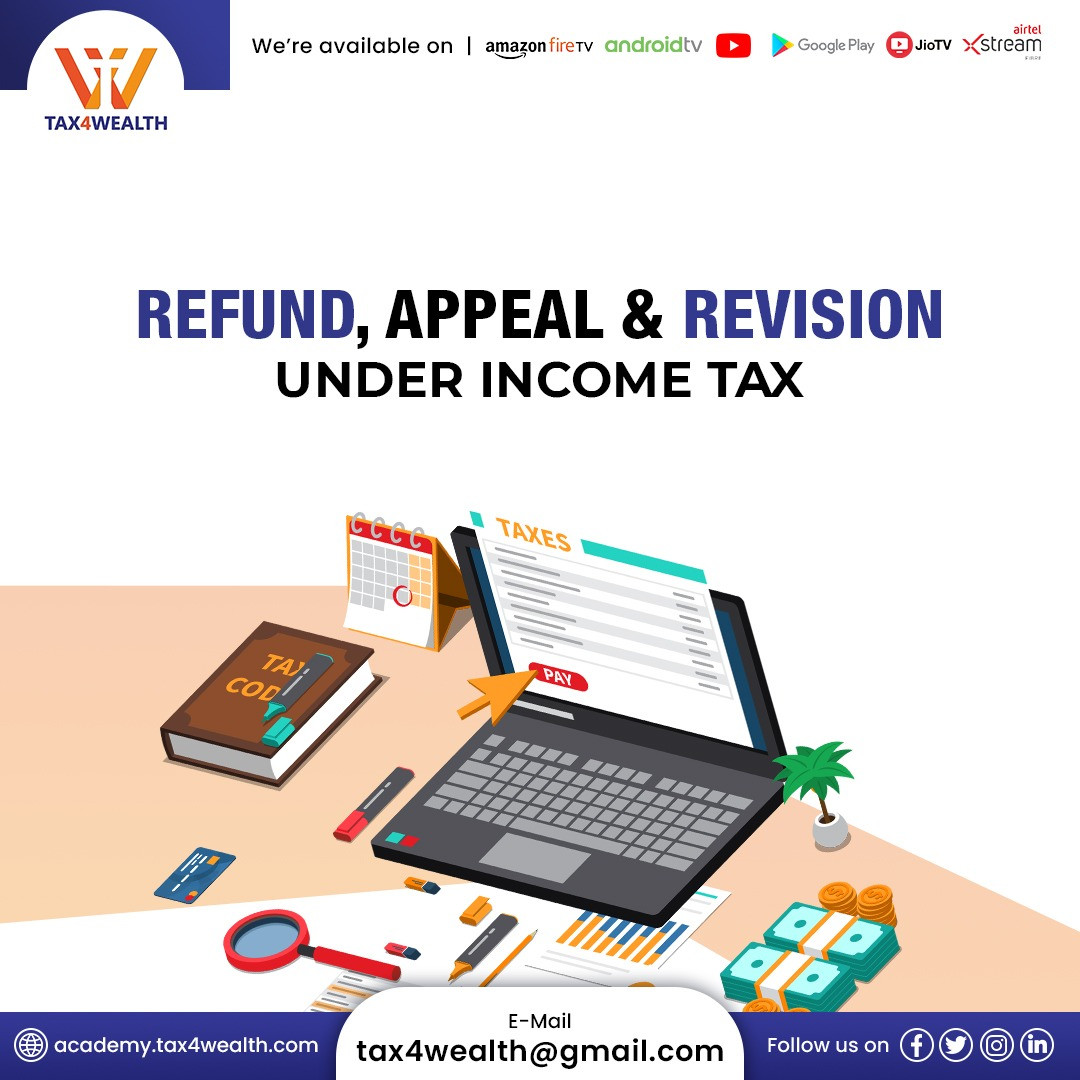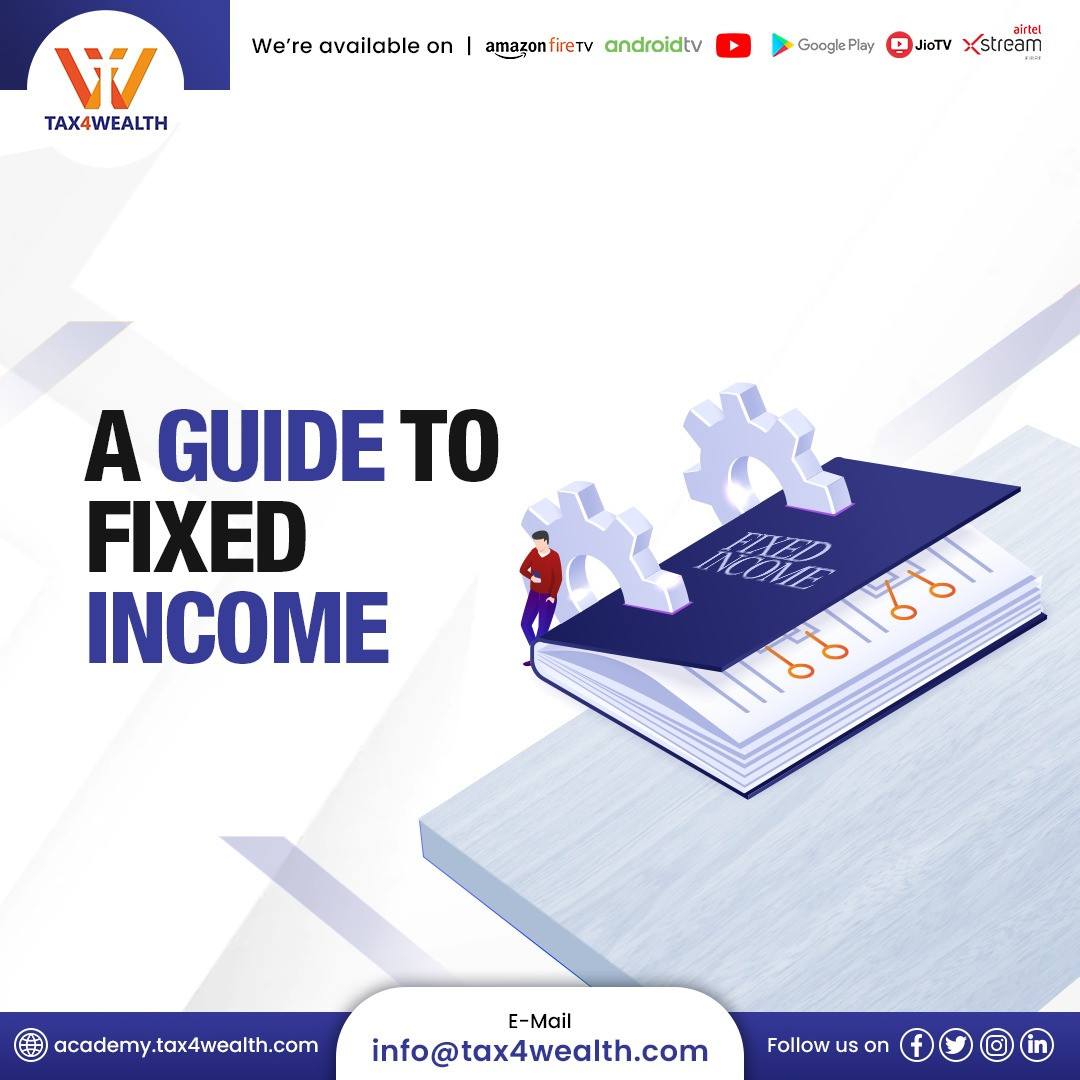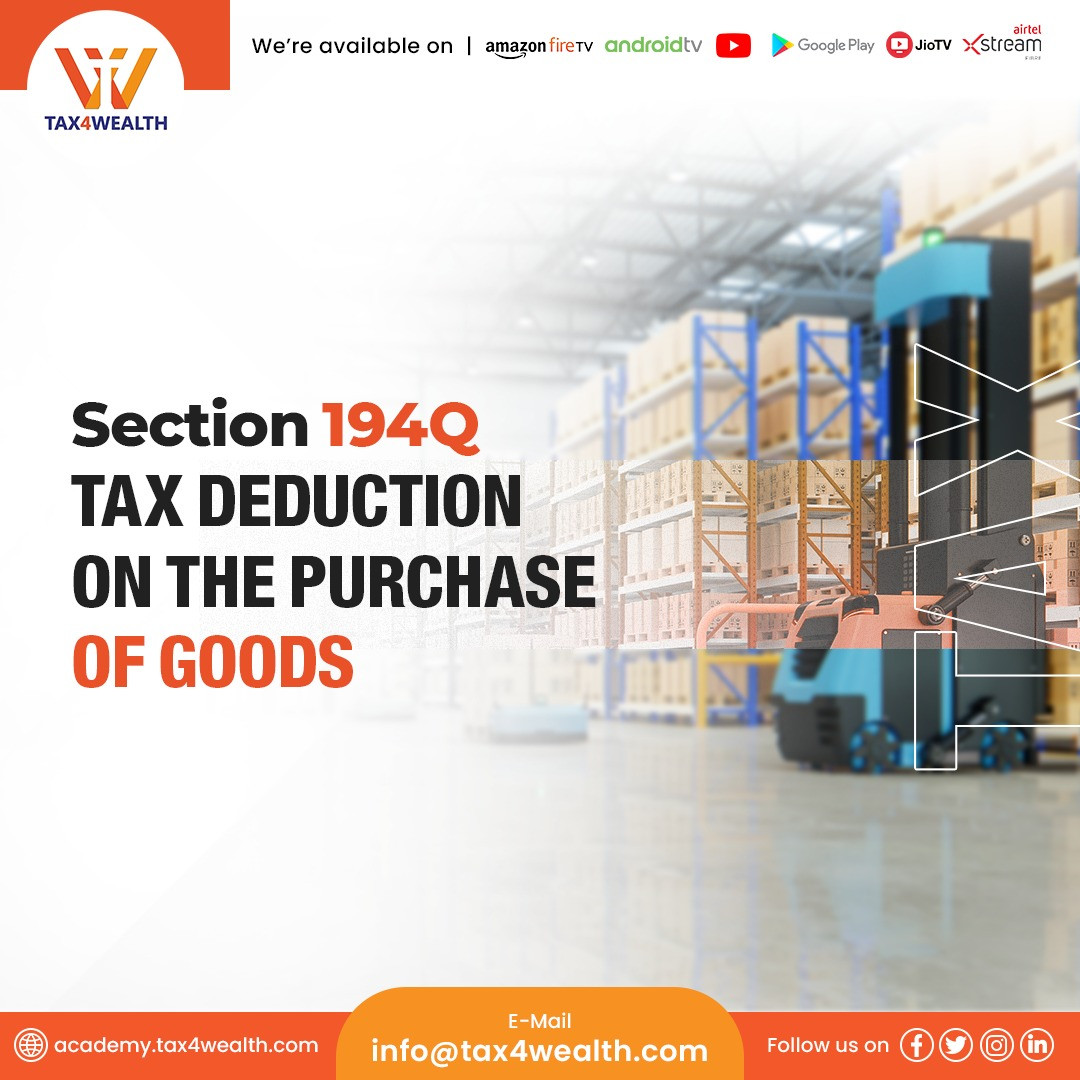
Refund, Appeal and Revision Under Income Tax
Refunds Under Income Tax:-
In case the assessee in an assessment year pays excess of amount than the actual taxable amount charged and if the assessee provides the necessary evidence that he has made excess payment of tax to the Assessing Officer, then he/she can claim a refund of the excess amount paid under Section 237 of the Income Tax Act, 1961. If the Assessing Officer gets satisfied regarding the excess payment made, then he can allow the assessee to claim the refund. A refund can be claimed under the following circumstances;
✅ If the tax gets deducted in the form of TDS from salary, dividend, interest on debentures, interest on securities at a rate higher than the prescribed rate on the assessee's total income.
✅ In case the advance tax paid actually more than the original tax amount payable as determined during the regular assessment.
✅ If the tax computed was higher by mistake and later it is revealed that the tax liability is reduced due to the rectification of the mistake that occurred.
✅ In the case of double taxation, the assessee is eligible to get a double taxation relief.
✅ In case the tax was calculated at a higher rate in respect of payment provided to non-residents, on the other hand later it was realized that the actually the tax must have been charged at a lower rate.
Appeals Under Income Tax:-
The first appellate authority of the Income Tax Department is the Commissioner of Income-tax (Appeals). According to Section 246A of the Income Tax Act, 1961 the order in respect of an appeal can be filed before the Commissioner of Income Tax (Appeals).
The right for appealing in respect of redressal of grievances is provided under all the prescribed acts and laws operating in India. If an assessee feels aggrieved by any order of the Assessing officer then he/she can file an application of appeal towards such orders before the Commissioner of Income Tax (Appeal) as per the provisions of the Income Tax Act, 1961.
The following are some of the orders which are eligible to file an appeal against;
✅ In case of denial of liability assessed by the assessee under the provisions of the Income Tax Act and accordingly an order will be passed against such assessee.
✅ A notice has been issued under the provisions of Section 143(1) or (1B) where the income shown has been adjusted in the income tax return.
✅ A notice has been issued under the provisions of section 200A(1) where adjustments in a filled statement have been made.
✅ An assessment order has been passed under section 143(3) excluding the order that has been passed under the guidelines of the dispute resolution panel.
✅ An assessment order has been passed under the provisions of Section144.
✅ An order has passed related to assessment or reassessment or re-calculation after the re-opening of assessment under section 147 excluding the order that has been passed under the guidelines of the dispute resolution panel.
✅ An order has been issued under the provision of Section 150.
✅ An order is passed related to search or seizure
✅ An order passed under the provisions of Section 153A or Section 158C.
✅ An order of rectification has been passed under the provisions of section 154 or section 155.
✅ An order has been passed for treatment of NRI agent taxpayer under section 163
✅ Any order passed under the provision of section 170(2) or section 170(3) in respect of taxation of a successor.
✅ An order has been passed under section 171 related to the partition of Hindu Undivided Family
✅ Not deducting TDS or Not collecting TDS
✅ Non-payment of TDS to the government
✅ The refund order has been passed under the provisions of section 237.
✅ In case the penalties are levied under the sections 221, 272A, 272AA, 272B, 272BB, 275(1A), 158B, 271, 271A, 271AAA, 271F, 271FB, 271B, 271BB, 271C, 271CA, 271D, 271E, 271AAB
✅ An order has been passed by the Joint Commissioner under the provisions of section 115VP(3) refusing to opt for the tax tonnage scheme in respect of qualifying shipping scheme.
Revisions Under Income Tax :-
The revision in the income tax orders has been provided to the Commissioner or Principal Commissioner of Income Tax. The details whereof are provided below;
Based on the directions issued by the Joint Commissioner, an assessment order can be made by Deputy Commissioner or Assessment Commissioner or Any other Income Tax Official.
Under the direction order issued by Principal Chief Commissioner or CBDT or Principal Director or Chief Commissioner or Commissioner authorized by CBDT, an order can be made exercising the powers or performance of functions of the assessing officer by the Joint Commissioner.
Errors in Passing of Orders:-
✅ When the orders are passed without conducting any necessary verification and inquiries
✅ When the orders are passed by allowing relief without any investigation of the claim
✅ The order that is not on par with any other order, directed or instructed or issued by the Income Tax Board under Section 119.
Revision of Income Tax Order and Time Limit Required:-
✅ When time is consumed for providing an opportunity to the assessee of being heard
✅ Under the aforesaid section any period during which any proceeding got stayed by an injunction order by any of the courts.
✅ The taxpayers must note that even after the expiry of 2 years the orders or revision can be passed provided there are certain circumstances that are extraordinary in nature.
Also read; Role of CBDT in Indian Taxation System
Revision Procedure of Income Tax Order:-
Some of the main powers enjoyed and aspects that have to be considered by the Commissioner or Principal Commissioner at the time of analyzing a revision of Income-tax order have been provided below;
Examination of Records:-
The Principal Commissioner or Commissioner has the authority to examine or call for an examination of records at any stage of the proceedings under the provisions of Income Tax Act, 1961 at the time of revision of income tax orders. In such a case, the Commissioner or Principal Commissioner is not required to provide a reason or explanation for doing so.
Entitled to do Revision on Parts of Other Order:-
The Principal Commissioner or Commissioner has also the authority to revise the income tax order wholly or partially which may have been ignored or not taken into consideration by the Assessing Officer.
Errors of Facts or Laws:-
The Principal Commissioner/Commissioner is not restricted to revising the errors in the income tax orders. It is to be noted that the errors can be related to facts or laws. Both of which can be rectified by the Commissioner.
The Opportunity of Being Heard:-
The assessee must be provided an opportunity of being heard before the Commissioner or Principal Commissioner before passing the revised order like any other provision of the Income Tax Act, 1961.
Subordinates Opinion Should be Valued:-
The whole income tax order or a part of it can be reviewed although the error is pointed out by a subordinate, unless and until the Commissioner or Principal Commissioner is satisfied with the review cause.
Approval from a Higher Rank Authority :-
The Principal Commissioner/Commissioner can undertake the review process of any order wholly or partially on the discretion and approval of a higher rank authority.
In case Income Tax Orders Cannot Be Revised:-
The Principal Commissioner or Commissioner in certain cases may not able to revise the income tax order that is subject to appeal. Apart from that the Commissioner or Principal Commissioner is also restricted from making reviews or orders passed by the High Court even if they find it to be erroneous.
For more information, Visit us at: https://academy.tax4wealth.com/
No comments yet, Be the first to comment.













